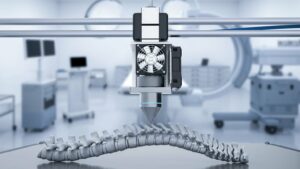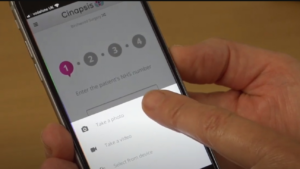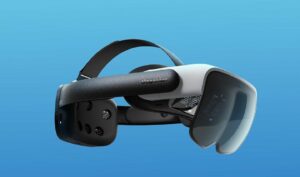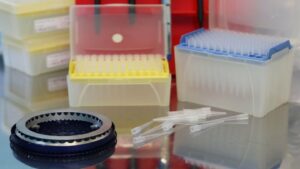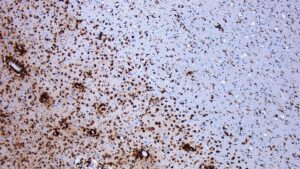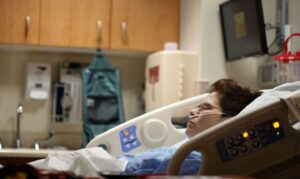<!–
–>
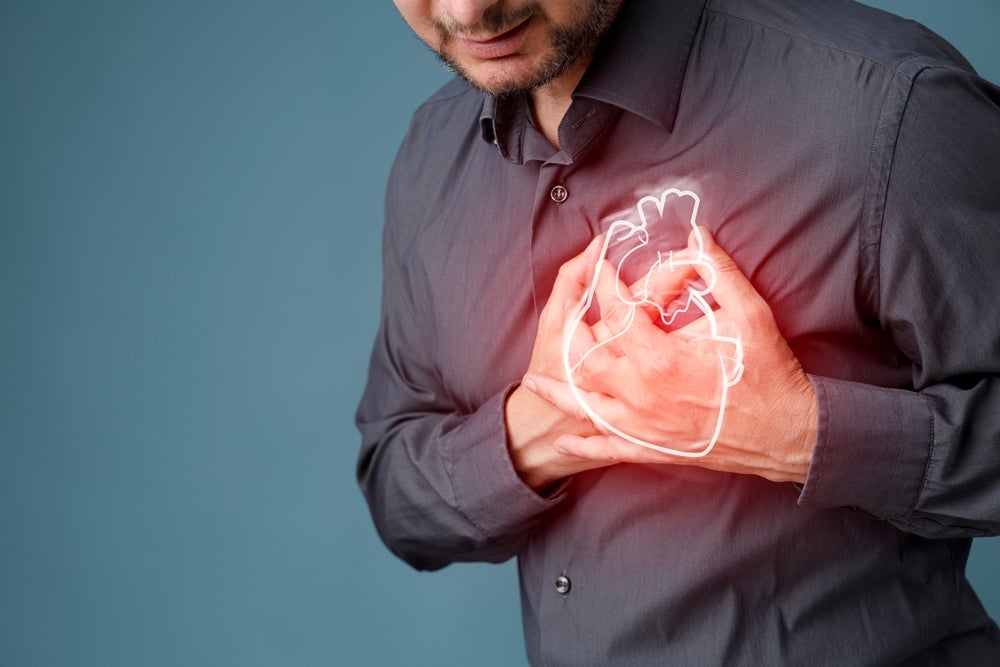
The first US patients have been implanted with FIRE1’s namesake system that monitors the amount of fluid in the body, an important warning sign of congestive heart failure.
The sensor device, which is about the size of a pen lid, has been implanted in heart failure patients as part of a study to evaluate its safety and feasibility.
The non-randomised trial (NCT05763407) will enrol up to 15 patients. Safety aspects such as the success of the implantation procedure, a three-month follow-up to identify sensor complications and general device performance, will be assessed.
Ireland-based medtech company FIRE1 closed a $25m funding round earlier this year, which included investment from Medtronic. It specialised in connected medical devices for helping manage and treat chronic diseases.
The device is implanted into the body’s largest vein – the vena cava – using a small catheter. It is inserted in collapsed form and expands to full size upon entering the vena cava. It works by continuously measuring the size of the vessel.
Individuals with heart failure struggle to pump blood around the body, which causes fluid to build up. Heart failure is estimated to affect 5.2 million people in the US, with average out-of-pocket expenses per patient reaching around $4,400.
The remote monitoring aspect of the device comes in when it sends collected data to the patient’s medical team.
According to GlobalData, the remote patient monitoring market is expected to reach $760m by 2030, with the implantable device segment seeing particular innovation.
The first American patient was implanted at Austin Heart in Texas where Dr Kunjan Bhatt leads the study as principal investigator.
Dr Bhatt said: “The procedures were very straightforward, and the patients tolerated the procedure well without any complications. We are excited to use the unique insights we will get from this device to improve patient care.”
The study’s national principal investigator Dr Nir Urie said: “This device may offer a completely new way of measuring chronic heart failure. The data gathered outside of the US has been promising, and we look forward to studying its use in the US.”
<!– GPT AdSlot 3 for Ad unit 'Verdict/Verdict_In_Article' ### Size: [[670,220]] —
!– End AdSlot 3 –>
- SEO Powered Content & PR Distribution. Get Amplified Today.
- PlatoData.Network Vertical Generative Ai. Empower Yourself. Access Here.
- PlatoAiStream. Web3 Intelligence. Knowledge Amplified. Access Here.
- PlatoESG. Automotive / EVs, Carbon, CleanTech, Energy, Environment, Solar, Waste Management. Access Here.
- BlockOffsets. Modernizing Environmental Offset Ownership. Access Here.
- Source: https://www.medicaldevice-network.com/news/first-us-patients-receive-fire1s-heart-failure-monitoring-sensor/
- :has
- :is
- :where
- $UP
- 15%
- 2030
- 220
- a
- About
- Ad
- affect
- American
- amount
- an
- and
- any
- ARE
- around
- AS
- aspect
- aspects
- assessed
- At
- austin
- BE
- been
- blood
- body
- build
- by
- care
- causes
- closed
- collapsed
- comes
- company
- completely
- connected
- continuously
- credit
- data
- device
- Devices
- diseases
- dr
- Earlier
- end
- entering
- estimated
- evaluate
- excited
- expands
- expected
- expenses
- Failure
- First
- fluid
- For
- form
- Forward
- from
- full
- funding
- Funding Round
- gathered
- General
- get
- GlobalData
- Have
- Heart
- Heart Failure
- help
- helping
- HTTPS
- identify
- image
- important
- improve
- in
- included
- insights
- into
- investment
- IT
- ITS
- jpg
- largest
- Leads
- Look
- manage
- Market
- May..
- measures
- measuring
- medical
- medical devices
- Medtech
- million
- Monitor
- monitoring
- monitors
- National
- New
- of
- offer
- outside
- part
- particular
- patient
- patient care
- patient monitoring
- patients
- People
- per
- performance
- plato
- Plato Data Intelligence
- PlatoData
- Principal
- procedure
- procedures
- promising
- pump
- reach
- reaching
- receive
- remote
- round
- s
- Safety
- Said
- seeing
- segment
- sends
- Share
- sign
- Size
- small
- specialised
- straightforward
- Struggle
- Study
- Studying
- success
- such
- system
- team
- texas
- that
- The
- this
- this year
- to
- tolerated
- Total
- treat
- trial
- unique
- unit
- upon
- us
- use
- using
- very
- Vessel
- warning
- was
- Way..
- we
- WELL
- were
- when
- which
- will
- with
- without
- works
- year
- zephyrnet




